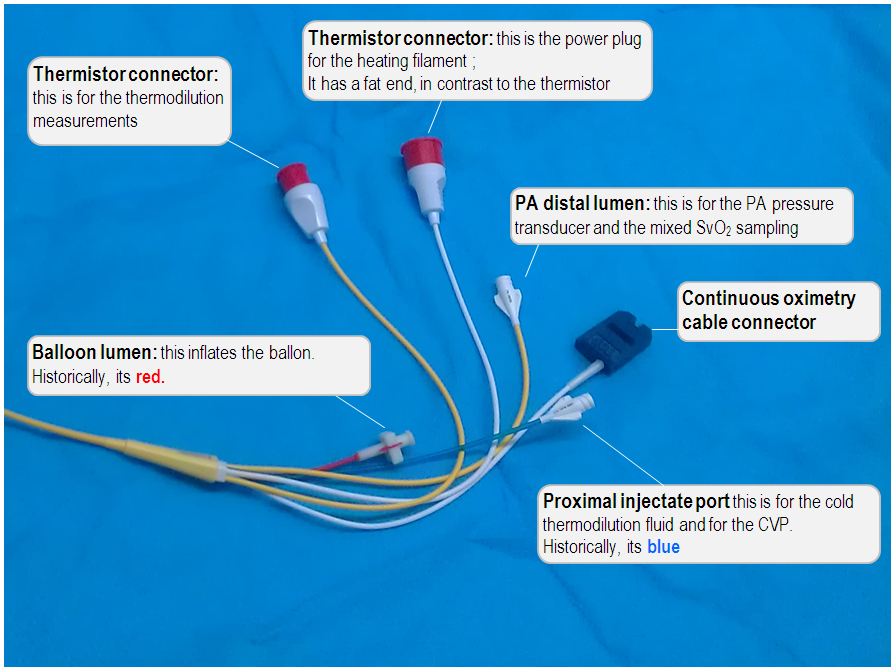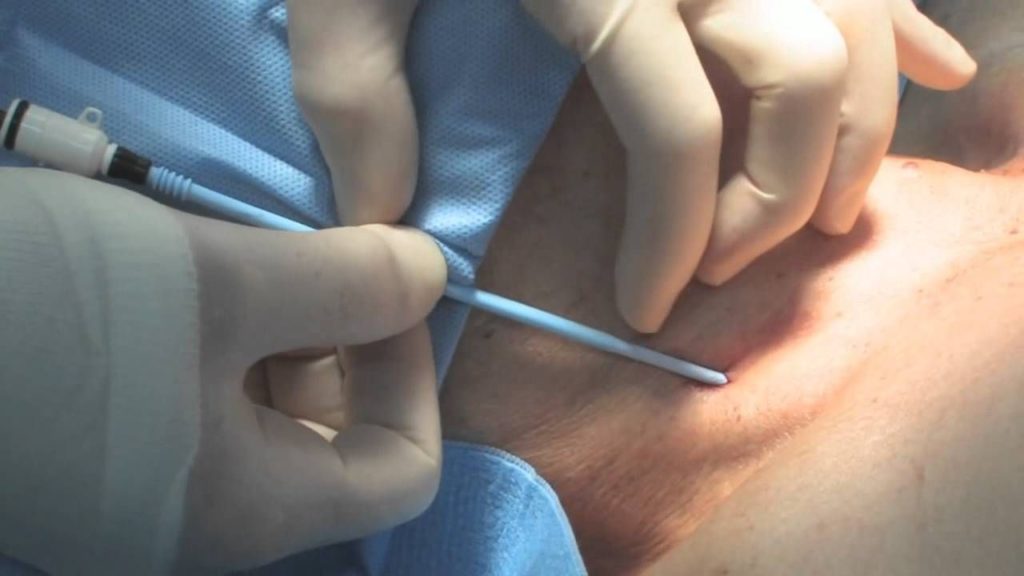What you need to know about Pulmonary Artery Catheter Insertion
Contents
- 1 What you need to know about Pulmonary Artery Catheter Insertion
- 2 What Does the Procedure Involve?
- 3 How Long Should You Stay in the Country?
- 4 How Long is the Recovery Time?
- 5 What Aftercare Should You Consider?
- 6 What is the Success Rate for Pulmonary Artery Catheter Insertion?
- 7 Are there Alternatives to Pulmonary Artery Catheter Insertion?
- 8 What Should You Expect Before and After the Procedure?
Pulmonary Artery Catheter insertion or right heart catheterization is a surgical procedure to insert a long, thin tube with an inflatable balloon tip on its end called a catheter into a pulmonary artery – a major artery that carries deoxygenated blood from the right side of the heart to the lungs. This procedure is a diagnostic tool to monitor heart and lung function, but in some cases, it can also manage a variety of health problems. Your doctor may suggest you undergo this procedure if you experience shock, pulmonary edema, congenital heart disease, pulmonary hypertension, heart failure, kidney failure, sepsis, fat embolism, and complicated heart attacks.

What Does the Procedure Involve?
You will be awake during the procedure, but your doctor will give you anesthetic to make you feel sleepy and to numb the affected area. Your doctor will select a blood vessel to insert the catheter, which might be in the neck, arm, groin, or below your collarbone. Then, a wire is inserted into the selected vessel and the catheter is put over the wire. Your doctor then moves the catheter to the right atrium, inflates the balloon at the tip, and move the tube through the pulmonary artery. The catheter may stay in place for several days.
How Long Should You Stay in the Country?
Your length of stay in the local area depends on your underlying condition. If you are very ill, you may need to stay in the hospital for 3 to 4 days, so plan to stay in the country for about 7 to 10 days.
How Long is the Recovery Time?
The total recovery time varies from one person to another, depending on why you had the procedure. In general, you should be able to get back to most of your normal routine within 2 to 3 weeks if you are not terminally ill. Consult with your doctor on your recovery timeline to avoid any complications.
What Aftercare Should You Consider?
Make sure to follow your doctor’s instructions on diet, exercise, medicine, and wound care. You may need to attend follow-up visits, but you may be able to do this with your local doctor. After you have fully recovered, make healthy lifestyle changes, such as a well-balanced, healthy diet, regular exercise, and avoid cigarettes.
What is the Success Rate for Pulmonary Artery Catheter Insertion?
Pulmonary artery catheter insertion is considered safe and the diagnostic result is reliable. Although complications are very uncommon, the procedure has some side effects and risks, such as bruising at the side of the catheter insertion, excessive bleeding, vein tear, vein injury, knotting of the catheter, right bundle branch block, abnormal heart rhythms, blood clots, infection, and inaccurate catheter placement.
Are there Alternatives to Pulmonary Artery Catheter Insertion?
The alternative to the procedure depends on the underlying condition being treated. If you are not an ideal candidate for pulmonary artery catheter insertion and you have a hyper-dynamic condition, your doctor may recommend minimally invasive procedures, such as diastolic reflected waveform. Your doctor may also suggest transthoracic echocardiography.
What Should You Expect Before and After the Procedure?
Before pulmonary artery catheter insertion, the cause of your illness and how serious your illness is maybe unknown. After the procedure, your doctor can confirm their diagnosis and find the cause of your illness. The result will help you and your doctor decide the best treatment plan for your specific condition.
For an in-depth analysis of a Pulmonary Artery Catheter Insertion, watch this short video.
To check prices or to book a Pulmonary Artery Catheter Insertion Procedure in Thailand or anywhere else in the world, head on over to MyMediTravel now!

